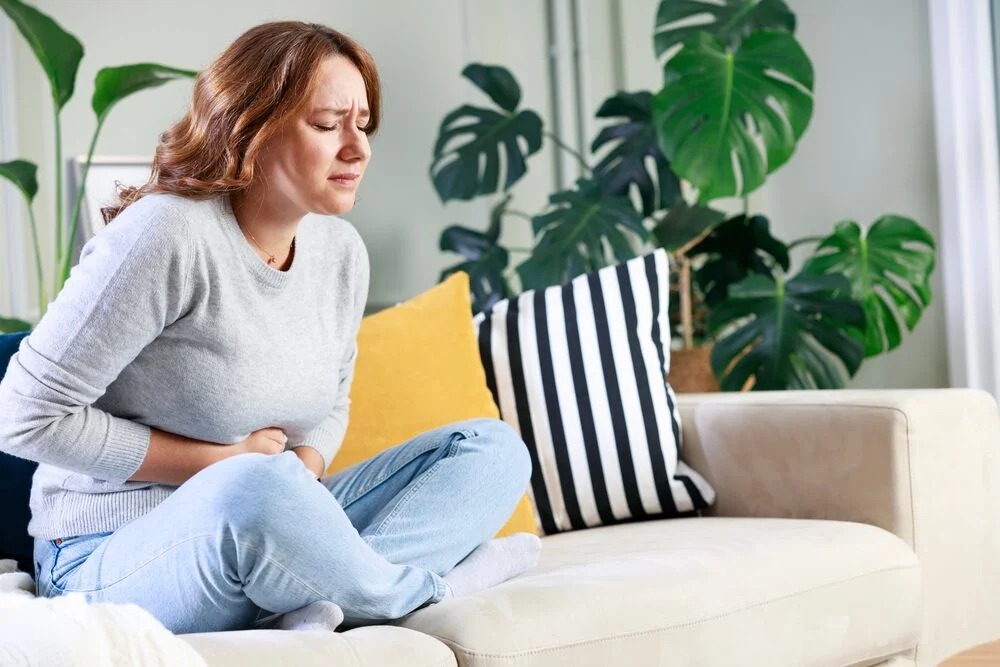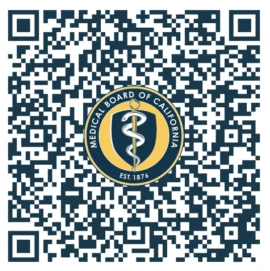Stomach pain and bloating are common digestive complaints that can range from mildly uncomfortable to debilitating. Whether it’s due to overeating, stress, or a more serious condition, knowing how to manage and relieve these symptoms can greatly improve your quality of life. In this blog post, we’ll explore practical ways to relieve abdominal pain and bloating, from home remedies to when you should consult a healthcare professional.
What Causes Stomach Pain and Bloating?
Stomach pain and bloating can result from a variety of factors, including:
- Overeating or eating too quickly: This can cause your stomach to expand and lead to discomfort.
- Gas buildup: Accumulation of gas in the stomach and intestines often causes bloating and can be triggered by certain foods or digestive issues.
- Food intolerances: Certain foods like dairy, gluten, or high-fat foods can cause digestive upset in people with sensitivities.
- Constipation: A lack of regular bowel movements can lead to bloating and discomfort.
- Irritable bowel syndrome (IBS): A chronic digestive condition that causes abdominal pain, bloating, and changes in bowel habits.
- Gastrointestinal disorders: Conditions such as acid reflux, ulcers, or Crohn’s disease can also lead to pain and bloating.
Understanding the cause of your symptoms can help determine the most effective course of action to relieve discomfort.
1. Adjust Your Eating Habits
One of the simplest ways to alleviate abdominal pain and bloating is to adjust how and what you eat. Here are a few tips:
- Eat smaller, more frequent meals: Eating large meals can put extra strain on your digestive system. Try eating smaller portions throughout the day to avoid overloading your stomach.
- Eat at a slower pace and chew your food thoroughly: Eating too fast can cause you to ingest air, which may result in gas and bloating. Take your time and make sure to chew your food properly.
- Avoid carbonated drinks: Soda and other fizzy drinks can increase gas in your stomach, leading to bloating.
2. Stay Hydrated
Staying hydrated by drinking plenty of water can help eliminate excess sodium and prevent constipation, both of which can lead to bloating. Aim to drink at least eight glasses of water per day, and consider sipping warm liquids like herbal teas to soothe your digestive system.
3. Incorporate Digestive Enzymes
Digestive enzymes help break down food and make digestion more efficient. If you’re experiencing bloating after eating, you may benefit from taking a digestive enzyme supplement. These supplements assist the body in breaking down food more efficiently, which can help reduce gas and bloating.
4. Try Gentle Exercises
Light physical activity can stimulate digestion and help relieve bloating. Consider going for a walk after meals, practicing yoga, or doing simple abdominal massages to help move gas and alleviate pain. Here are a few effective exercises:
- Gentle stretching: Simple stretches, like the cat-cow pose in yoga, can help relieve pressure and promote digestion.
- Walking: A brisk 10–15-minute walk after meals can help stimulate bowel movements and relieve bloating.
5. Avoid Trigger Foods
Certain foods are known to cause bloating and abdominal discomfort. Recognizing and steering clear of these trigger foods can help you better control your symptoms. Common offenders include:
- Dairy products: If you have lactose intolerance, dairy can cause bloating, gas, and diarrhea.
- High-fat foods: Fatty foods can slow digestion and lead to bloating.
- Beans and legumes: These contain complex carbohydrates that are difficult to digest and may produce excess gas.
- Cruciferous vegetables: Broccoli, cabbage, and cauliflower can cause gas and bloating in some individuals.
- Processed foods: Foods high in salt can cause water retention and lead to bloating.
6. Use Over-the-Counter Remedies
For immediate relief, over-the-counter medications can help reduce bloating and ease abdominal pain. These include:
- Antacids: If acid reflux or indigestion is causing your pain, antacids can help neutralize stomach acid and reduce discomfort.
- Simethicone: This anti-gas medication can help break up gas bubbles in the stomach, providing relief from bloating.
- Laxatives: If constipation is causing bloating, a mild laxative can help promote bowel movements and relieve discomfort.
7. Consider Probiotics
Probiotics are beneficial bacteria that support gut health. Incorporating probiotic-rich foods like yogurt, kefir, sauerkraut, or kimchi into your diet can help regulate your digestive system and reduce bloating. You can also consider taking probiotic supplements to improve gut flora balance.
8. Practice Stress Management
Stress and anxiety can have a significant impact on your digestive system, leading to bloating and abdominal pain. Practicing stress management techniques, such as:
- Deep breathing exercises
- Meditation
- Mindfulness practices
These can help relax your digestive system and reduce the physical symptoms of stress, including bloating and discomfort.
When to See a Doctor
While most cases of abdominal pain and bloating can be managed with lifestyle changes, it’s important to see a doctor if you experience:
- Persistent or severe pain
- Unexplained weight loss
- Blood in your stool
- Chronic diarrhea or constipation
- Difficulty swallowing
- Nausea and vomiting
These symptoms could indicate a more serious underlying condition, such as an infection, gastrointestinal disorder, or food intolerance.
Conclusion:
Abdominal pain and bloating can be uncomfortable, but with the right dietary adjustments, lifestyle changes, and home remedies, most people can find relief. By understanding your triggers, staying hydrated, exercising, and managing stress, you can support your digestive health and alleviate discomfort. If your symptoms persist or worsen, be sure to consult a healthcare professional for further evaluation.
For more information on digestive health, visit Digestive Disease Consultants of Orange County.



